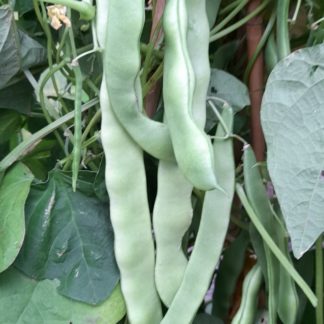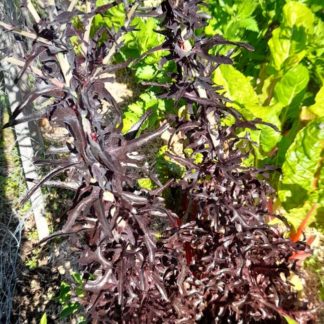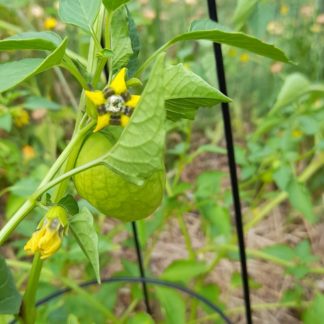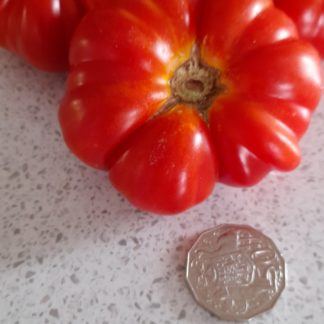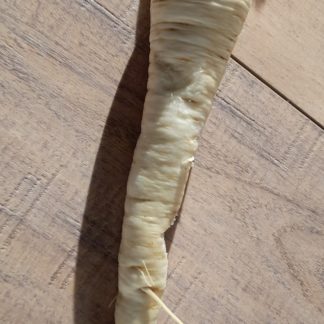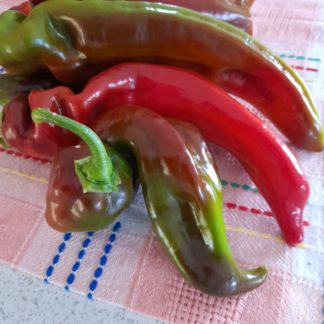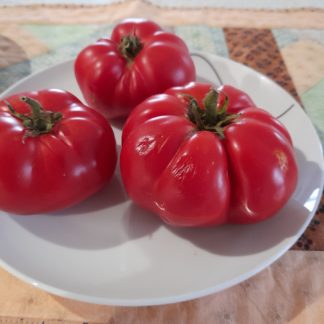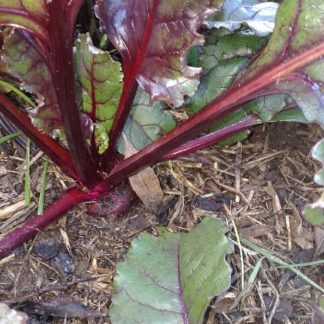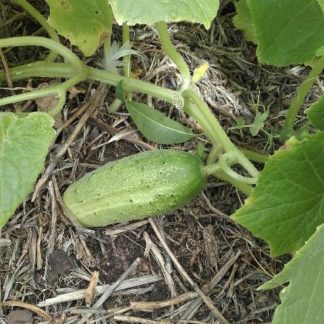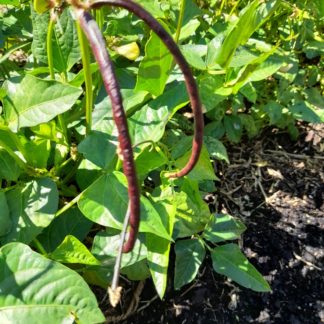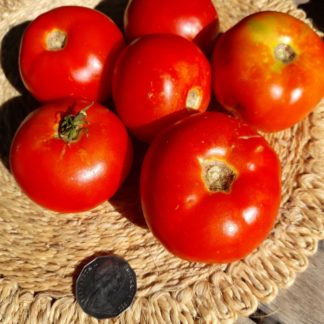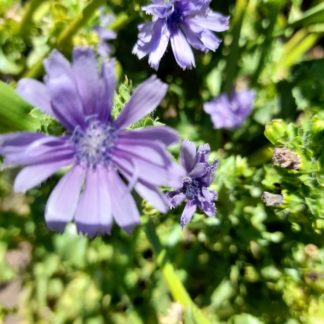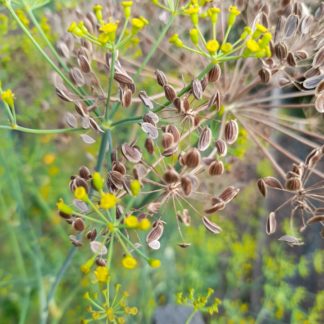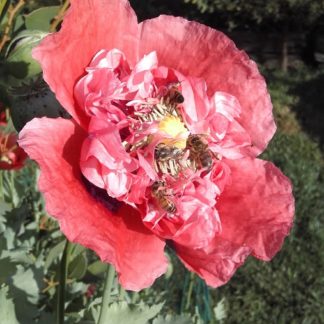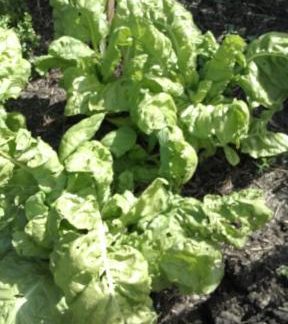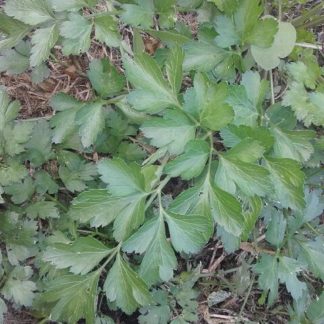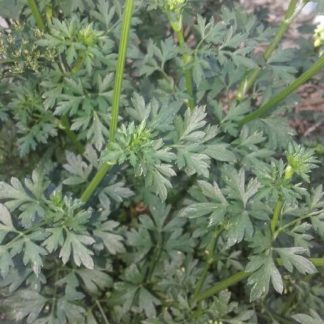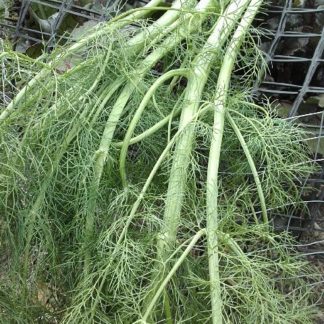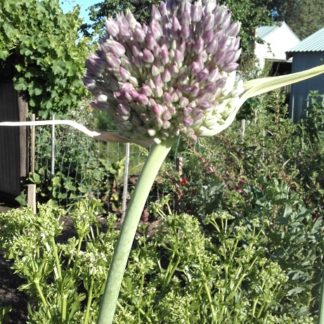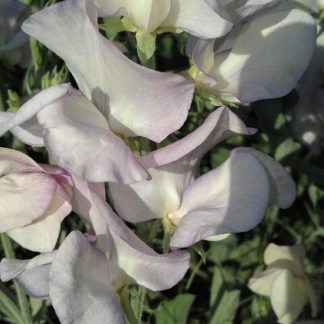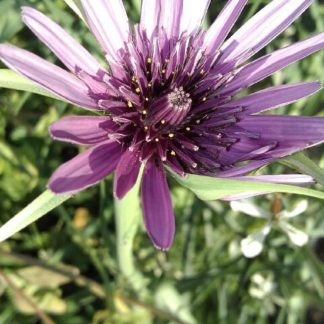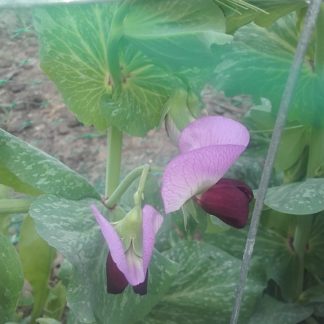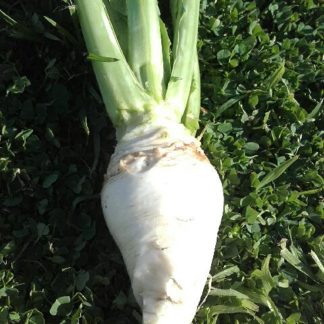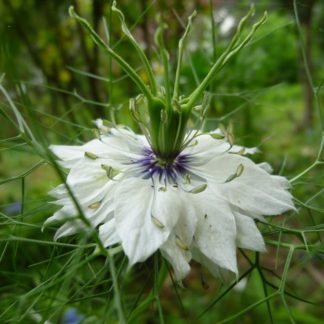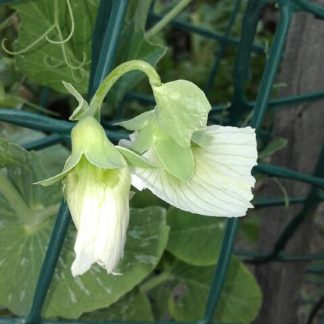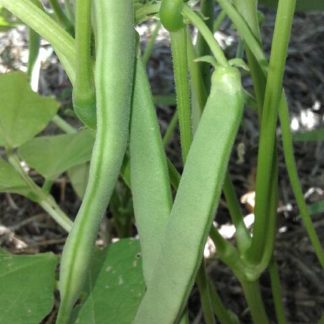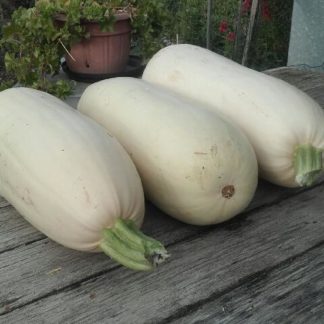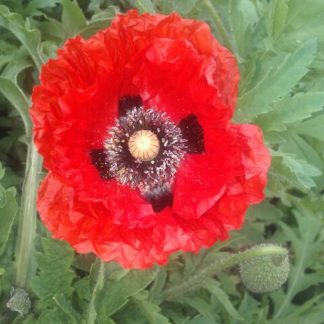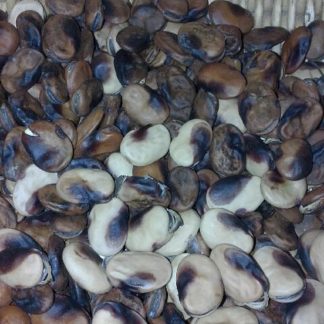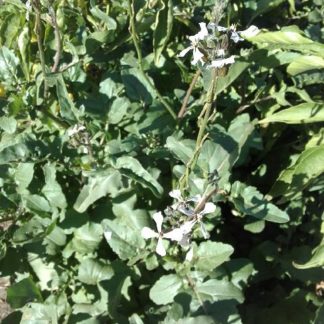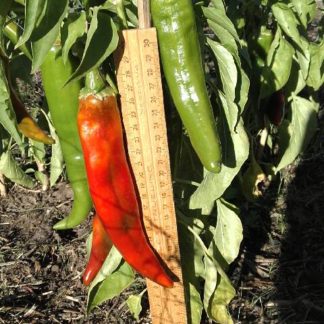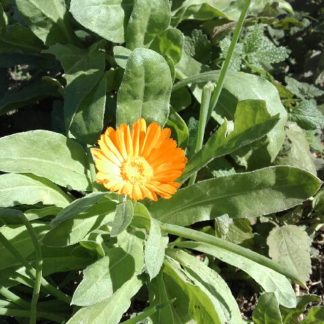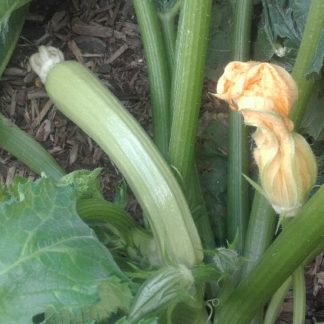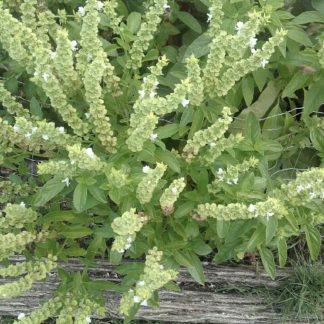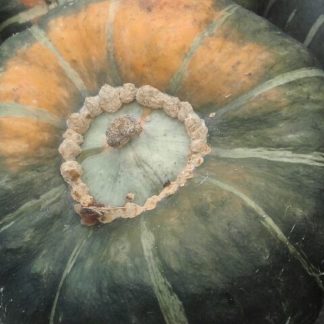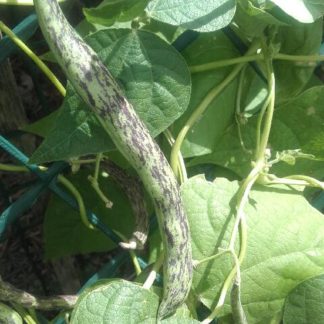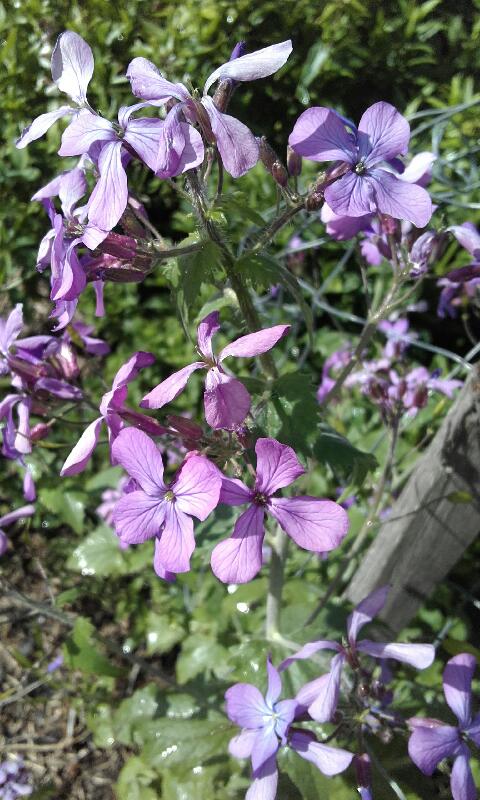
This year – 2020, has certainly been full of surprises. Many have been unpleasant due to extreme weather events and the virus pandemic. But Mother Nature has blessed us here with winter rain and a mild spring after several dry years. This has led to many surprises in my garden. The fruit trees that did not flower last year have done so abundantly and are making bumper crops of fruit. Perennials like Honesty, which did not cope with last year’s heat , and had blistered stunted leaves, suddenly came to life with that winter rain, making lovely new foliage and tall stems of flowers. Self sown seeds of Rocket, Radicchio, Celery, Salsify and other volunteers started to pop up as the weather warmed up. Birds turned up too, and I heard their pre- dawn songs again after a couple of very quiet years. Nesting time is in full swing, and ducks’ feathers will be lining some of those nests. Apart from the usual Blackbirds and Sparrows, there are now New Holland Honey Eaters, Wattle birds, Willy Wag Tails , Top Knot Pigeons, all enjoying plenty of feed. Such feed includes the insects that also have proliferated since the rains came.
A bit of a battle has ensued with earwigs, snails and slugs. I finally learnt how to make earwig traps. Using cans and butter containers baited with about 2 cm of cooking oil in them, I find I get quite a few bugs and need to clean out the traps about once a week. Old BBQ grease and soy sauce added to the oil makes it more attractive to the earwigs. I had tried saucers before, but realise now that they are too shallow. Bugs can crawl out too easily. By setting the can into the soil, so that the ground is on a level with the rim of the container, the bugs venture in, drown in the oil, and cannot climb out again! The snails and slugs make good feed for the ducks, who finally came back to work after a long holiday and started laying again in mid August!!
Every year is different and with climate changing too, finding the best time to sow and plant can be difficult. I used to grow beetroot over winter, but nowadays, autumn sown beetroot grows too slowly over winter, then bolts in early spring. I found the same thing with peas too.( they don’t bolt to seed, but they sulk and get eaten by birds etc.). So I am starting beetroot and peas in early spring now. Winter crops of Garlic, Lettuces, Endive, Broad Beans still seem to do well in the colder months. Some Florence Fennel, left in the ground at the end of summer, just to be used as a leafy herb, has made quite good bulbs which are being harvested now. The silver beet, Lucullus, struggled in the cold months but finally looks respectable enough to eat.
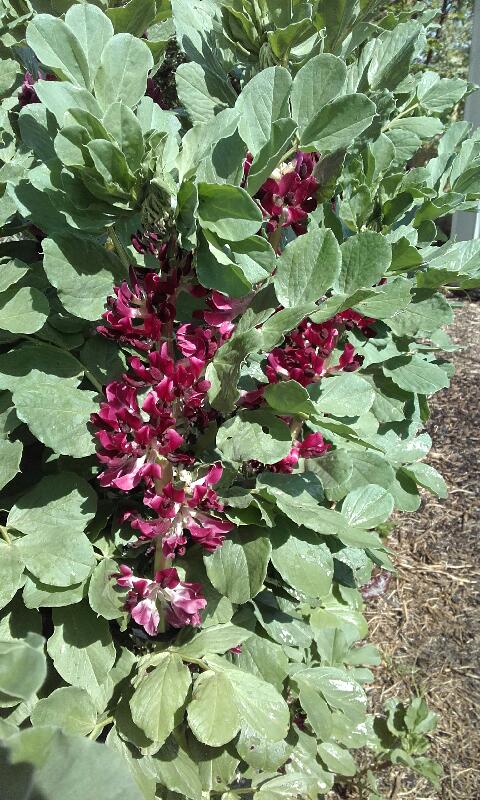
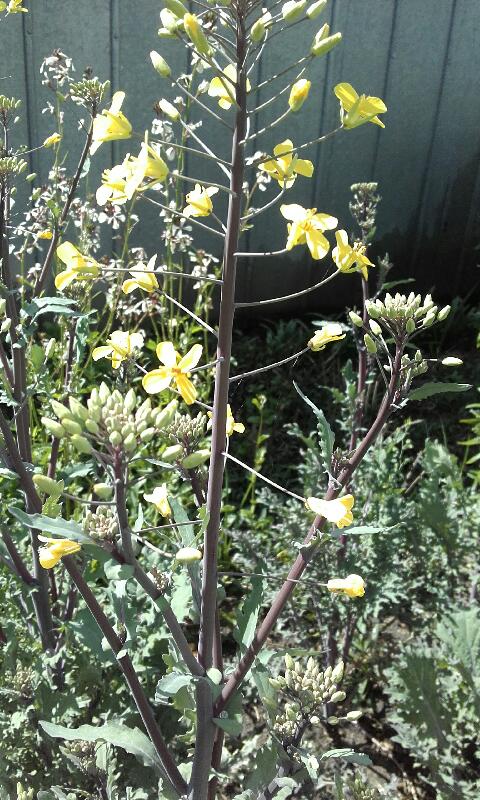
A large part of grass has been turned into a no-dig garden and a crop of potatoes-Pontiacs and Kipflers, is now growing well. With vegetables like potatoes, it isn’t money I am trying to save by growing my own, but the better flavour I am looking for. Fresh produce that is really fresh has an amazing flavour that no supermarket can offer. Besides, it is organically grown and so, nutritionally superior.
Of course, there have been some disappointments. Purple sprouting broccoli has been slow to grow, and now the flower heads are very small, or non existent. The brussels sprouts did not sprout at all and the Red Russian Kale has gone to seed much too soon for my liking. But this has happened before with winter brassicas and a few times I had giant leafy plants with no flower heads at all. I think it is due to choosing a spot that is not sunny enough in winter. I’ll try again next year.
In just two years and here in an average size back yard, there has been a good transformation from bare grass to garden beds, trees and shrubs. Biodiversity increases all the time and pleasant, sheltered nooks are evolving. This spring brings much hope of healthy harvests in summer!
